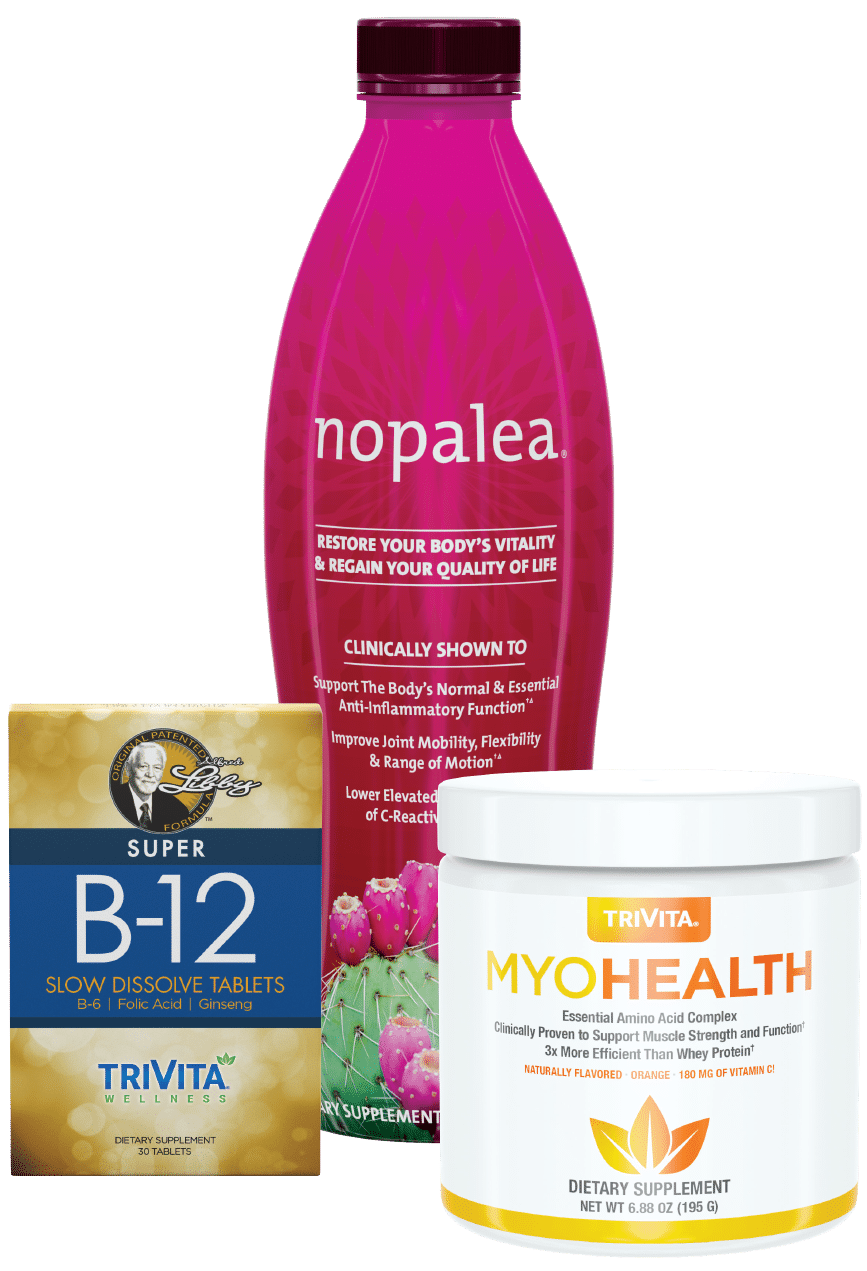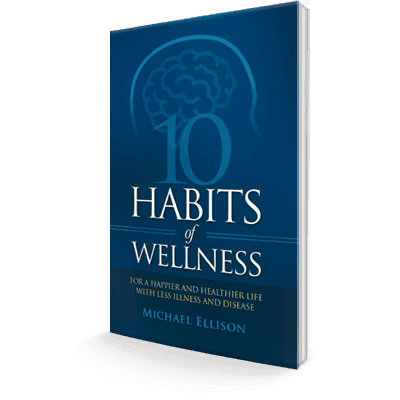We know trans-resveratrol is a multi-tasker and helps our bodies in several ways. But most people are unaware of how much resveratrol helps as an anti-inflammatory.
Studies over the past years have focused on foods rich in polyphenols with anti-inflammatory and immunomodulatory properties since inflammation was recognized to play a central role in several diseases. These studies show the beneficial effects of resveratrol, the most widely investigated polyphenol, on cancer and neurodegenerative, respiratory, metabolic and cardiovascular diseases. Resveratrol has been shown to modulate the inflammatory pathways underlying those diseases, and there are future opportunities for the evaluation of its clinical viability.
Resveratrol has antioxidant and anti-inflammatory properties to protect you against diseases like cancer, diabetes and Alzheimer’s disease. The anti-inflammatory effects of resveratrol make it a good remedy for arthritis and skin inflammation. Also, resveratrol has antibacterial and antifungal properties that help treat infections of the urinary and digestive tracts.

Many researchers have concluded that resveratrol is a valuable micronutrient that can prevent heart disease in those at risk and help treat people with progressing cardiovascular conditions. Many studies indicate that resveratrol could help prevent and treat certain types of cancer. Its anti-tumor effects include inhibiting cancer cell growth, cell signaling, angiogenesis, and promoting cell death
There is plenty of science that shows trans-resveratrol as an effective anti-inflammatory along with its help in promoting brain health, heart health and as an antiviral. In fact, all of this works together to help with overall wellness.









